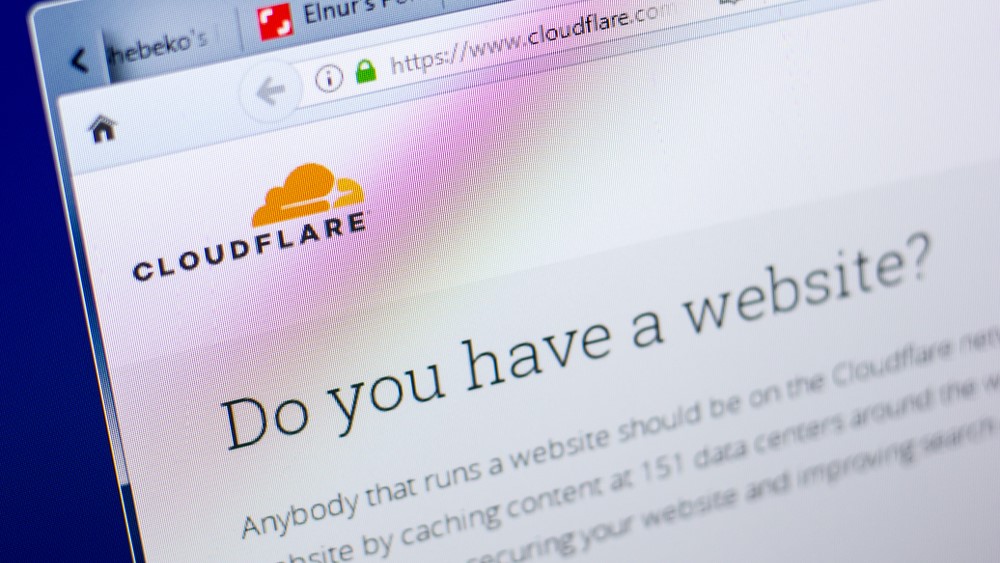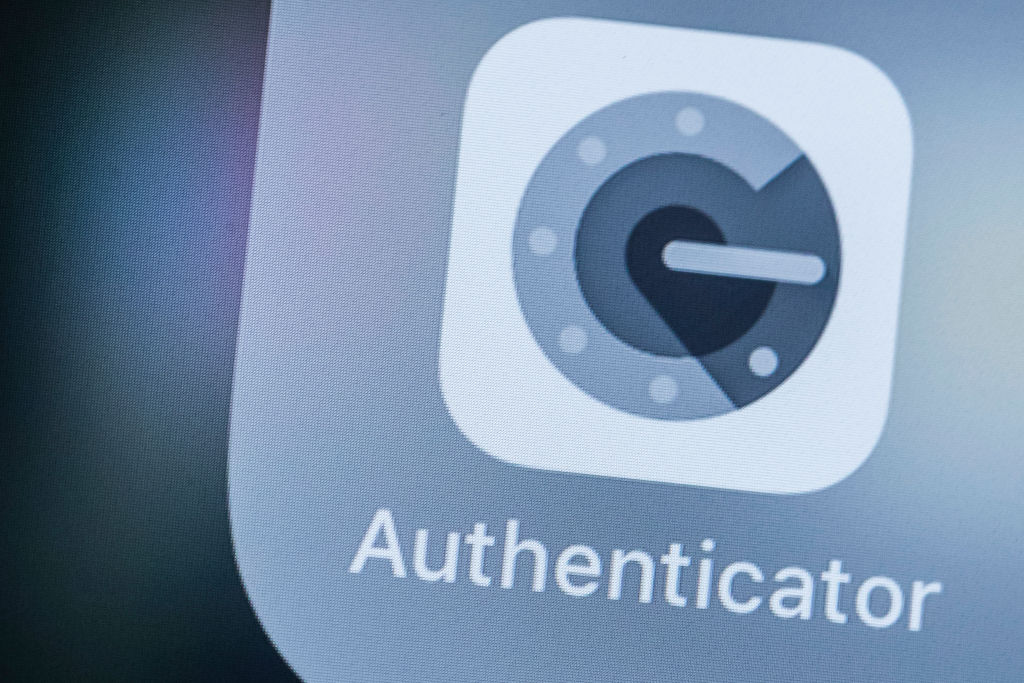Cloudflare scuppers Twilio-like cyber attack with hardware keys
Phishing attempt was unable to gather information required to access the company’s systems thanks to secure hardware MFA


Cloudflare has revealed it foiled a Twilio-like cyber attack thanks to its company-wide use of hardware-based, FIDO2-compliant hardware keys it uses for secure multi-factor authentication (MFA).
The cloud firm said the incident occurred around the same time as Twilio was struck by a sophisticated phishing attack that successfully tricked employees into believing they needed to change their company passwords.
At Cloudflare, although some employees did fall for the phishing messages, the company said it was able to stop the attack using its Cloudflare One products, as well as the physical security keys its employees use to access every application.
“We have confirmed that no Cloudflare systems were compromised,” the firm said in a blog post.
Back on July 20, Cloudfare’s Security team received reports of employees receiving “legitimate-looking text messages'' which mimicked a link to a Cloudflare Okta login page. The attempts were sent to both personal and work devices, with some even being sent to employees’ family members.
“We have not yet been able to determine how the attacker assembled the list of employees phone numbers but have reviewed access logs to our employee directory services and have found no sign of compromise,” Cloudfare said.
The company said its secure registrar system, which monitors when domains are set up to use the Cloudflare brand, did not detect its registration as it was set up less than 40 minutes before the phishing campaign began.
Get the ITPro daily newsletter
Sign up today and you will receive a free copy of our Future Focus 2025 report - the leading guidance on AI, cybersecurity and other IT challenges as per 700+ senior executives
The phishing page was designed in such a way that the victims credentials would be relayed to the attacker via messaging service Telegram. It would then prompt for a Time-based One Time Password (TOTP) code.
This would defeat most two-factor authentication (2FA) systems as the attacker would receive the credentials in real time, enter them into a company’s actual login page, and trigger a code to be sent via SMS or a password generator.
The employee would then enter the TOTP code on the phishing site, sending it straight to the attacker, who is then able to use it on the genuine site before it expires.
Unfortunately for the attackers, however, Cloudflare doesn’t use TOTP codes. Instead, the firm provides its employees with FIDO2-compliant security keys which are tied to individual users. That means a real-time phishing attack such as this is unable to collect the information required to access company systems.
“While the attacker attempted to log in to our systems with the compromised username and password credentials, they could not get past the hard key requirement,” Cloudflare said.
Had the attackers got past these hurdles, Cloudflare said the phishing page would then have downloaded a phishing payload which included AnyDesk’s remote access software which would allow the attackers to control the victims device remotely.
The company said the attack did not progress that far - but its endpoint security would have thwarted the installation if it had.
Despite the attack failing, Cloudflare added that it would be making adjustments such as restricting access to sites running on domains registered in the previous 24 hours, as well as running new key terms through its browser isolation technology.
The firm’s Cloudflare Area 1 solution’s phishing identification tech will also now scan the web for pages designed to target the company, while logins from unknown virtual private networks (VPNs) will be canned.
Dan is a freelance writer and regular contributor to ChannelPro, covering the latest news stories across the IT, technology, and channel landscapes. Topics regularly cover cloud technologies, cyber security, software and operating system guides, and the latest mergers and acquisitions.
A journalism graduate from Leeds Beckett University, he combines a passion for the written word with a keen interest in the latest technology and its influence in an increasingly connected world.
He started writing for ChannelPro back in 2016, focusing on a mixture of news and technology guides, before becoming a regular contributor to ITPro. Elsewhere, he has previously written news and features across a range of other topics, including sport, music, and general news.
-
 Should AI PCs be part of your next hardware refresh?
Should AI PCs be part of your next hardware refresh?AI PCs are fast becoming a business staple and a surefire way to future-proof your business
By Bobby Hellard Published
-
 Westcon-Comstor and Vectra AI launch brace of new channel initiatives
Westcon-Comstor and Vectra AI launch brace of new channel initiativesNews Westcon-Comstor and Vectra AI have announced the launch of two new channel growth initiatives focused on the managed security service provider (MSSP) space and AWS Marketplace.
By Daniel Todd Published
-
 Microsoft Authenticator mandates number matching to counter MFA fatigue attacks
Microsoft Authenticator mandates number matching to counter MFA fatigue attacksNews The added layer of complexity aims to keep social engineering at bay
By Connor Jones Published
-
 As Google launches passwordless authentication for all, what are the business benefits of passkeys?
As Google launches passwordless authentication for all, what are the business benefits of passkeys?News Google follows Apple in its latest shift to passwordless authentication, but what are the benefits?
By Ross Kelly Published
-
 There's only one way to avoid credential stuffing attacks
There's only one way to avoid credential stuffing attacksOpinion PayPal accounts were breached last year due to a credential stuffing attack, but can PayPal avoid taking responsibility?
By Davey Winder Published
-
 Google Authenticator 2FA update accused of making service less secure
Google Authenticator 2FA update accused of making service less secureNews Lack of end-to-end encryption in code backup has some developers worried
By Rory Bathgate Published
-
 Five things to consider before choosing an MFA solution
Five things to consider before choosing an MFA solutionIn-depth Because we all should move on from using “password” as a password
By Rene Millman Published
-
 What is multi-factor authentication (MFA) fatigue and how do you defend against attacks?
What is multi-factor authentication (MFA) fatigue and how do you defend against attacks?In-depth Strong authentication is key to security, but it needs to be properly managed to avoid MFA fatigue
By Sandra Vogel Published
-
 Beyond Identity strikes up strategic partnership with World Wide Technology
Beyond Identity strikes up strategic partnership with World Wide TechnologyNews WWT will implement Beyond Identity’s authentication platform internally while also acting as a global channel partner
By Daniel Todd Published
-
 Implementing strong authentication across your business
Implementing strong authentication across your businessIn-depth Strong authentication is hugely important, but implementing any regime at scale is not without its challenges
By Sandra Vogel Published